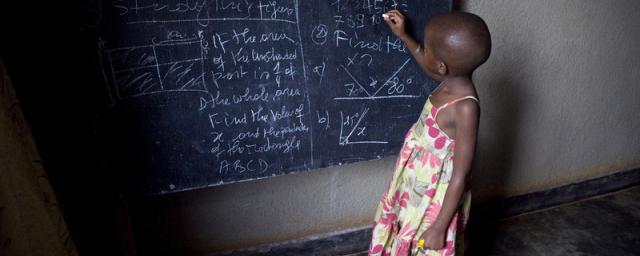
Extreme inequality is hurting us all. Its damages economic growth and threatens decades of progress toward ending poverty. It stops us from achieving equality between women and men and squanders the opportunity for billions who are trapped at the bottom with no way out. Inequality does not only create immense suffering: it contributes to the death of one person every four seconds.
Such stark inequality is not inevitable – it is the consequence of political and economic choices. With extreme wealth comes power and influence – we’re living in a world where the rules are rigged in favour of the few and at the expense of the rest of us. While the wealth of the few grows greater, the poorest, women, racialized and marginalized people are left behind.
Did you know?
-
Today, 2,668 billionaires – 573 more than in 2020 – own $12.7 trillion, an increase of $3.78 trillion.
-
The world’s ten richest men own more wealth than the bottom 40 percent of humanity, 3.1 billion people.
-
A worker in the bottom 50 percent would have to work for 112 years to earn what a person in the top 1 percent gets in a single year.
-
High informality and overload due to care tasks have kept 4 million women in Latin America and the Caribbean out of the workforce. Half of working women of color in the US earn less than $15 an hour.
-
The pandemic has created 40 new pharma billionaires. Pharmaceutical corporations like Moderna and Pfizer are making $1,000 profit every second just from their monopoly control of the COVID-19 vaccine.
-
An annual wealth tax on millionaires starting at just 2 percent, and 5 percent on billionaires, could generate $2.52 trillion a year — enough to lift 2.3 billion people out of poverty, make enough vaccines for the world, and deliver universal healthcare and social protection for everyone living in low- and lower middle-income countries.
Fighting for a more equal world
Most of our political leaders are failing to reduce this dangerous divide. Yet inequality is not inevitable. Concrete steps can be taken to reduce it. From Spain to South Africa, and Peru to Pakistan, people are already demanding a world that is fairer than this.
We can challenge the concentration of wealth and power that is making it harder and harder for people to work their way out of poverty. We can change the rules on tax to make sure the richest pay their fair share. We can demand more spending on public health and education, and fair wages for everyone. We can make sure the poorest have a voice, and those voices are heard by those in power.